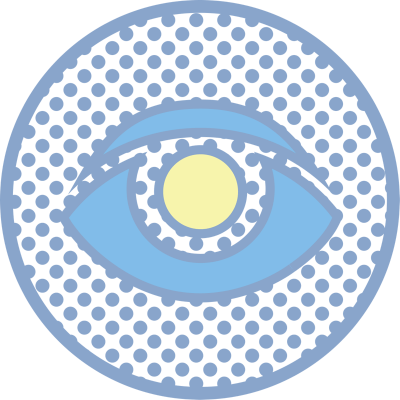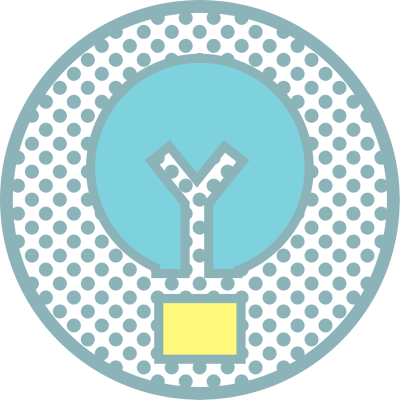Retina

What is Retina?
Retina is the innermost layer of the eye and is light sensitive in nature. When we see an object, the light rays pass through the lens in our eyes and fall on the retina. They get converted into neural signals/impulses here and the optic nerve carries these visual stimuli to the brain that translates them back as images. Now if you are a Harry Potter fan, then consider the retina as the platform 9 ¾ (the entry point to the world of magic). If something goes wrong here, then nothing reaches your center for imagination (the brain) and your vision to the beautiful world stays completely cut-off.
The Story behind the scenes
The retinal layer is present in the back of the eye and almost at its center it is a pigmented portion called the Macula. It is this pigmented portion that attributes to the sharpness of vision, be it when you are reading a newspaper or driving your car. Retinal disorders could either affect the entire retina or the macula alone. Here are some common ailments affecting the retina:
- Diabetic Retinopathy – this develops in patients affected by diabetes
- Retinal Degeneration – involves degeneration of the retina due to death of its cells
- Macular Degeneration – cells of the macula deteriorate leading to blurry vision
- Macular hole – yes, you guessed it right; it’s a hole in the macula which could lead to distorted imaging
- Retinal Detachment – a condition where the retina is torn and is pulled away from the back of the eye

Retinal Problems
Floaters, eye flashes and sudden onset of blurry vision are the most common symptoms that can scream loud of a retinal problem. If it’s a child, a white pearl in the kid’s eyes could indicate a retinal complication. Especially if the child was born preterm, it becomes absolutely essential to do a retinal evaluation to rule out retinopathy of prematurity.
A retina specialist would do a thorough investigation to understand the issue. It could involve scanning of the eyes, measuring the eye pressure, and even check electrical conduction from the retina to the various parts of the brain so as to ascertain normal functioning.

Did you know?
The Retina covers almost 65 percent of the inner surface of the eye. The retina makes its first appearance in a foetus’s eyes when it’s just 8 weeks inside the womb. From then on, it grows rapidly and can pick up light signals as early as the 16th week of foetal development.
Retinal Treatment
Repairing this inner layer of the eye could be quite a challenge and requires a great skill and competency. From oil based medical injections to Laser to Freezing (cryopexy) to Vitrectomy, the type of treatment can be decided by the doctor only after thorough investigation, on a case-by-case basis.
At Dr. Agarwal’s there’s a dedicated Retina Foundation that specializes on retinal disease diagnosis and treatments. Equipped with the best of medical & surgical facilities, our expert team of doctors can handle the most complicated of retinal cases with utmost precision and care.
FAQ
What is the function of the retina in the eye?
How does the retina anatomy affect vision health?
What are the signs of retina problems?
How can I find a qualified retina specialist for treatment?

Contact Us
We'd love to hear from you. For feedback, queries or help with booking appointments, please get in touch.
Registered Office, Chennai
1st & 3rd Floor, Buhari Towers, No.4, Moores Road, Off Greams Road, Near Asan Memorial School, Chennai – 600006, Tamilnadu
Mumbai Office
Mumbai Corporate Office: No 705, 7th Floor, Windsor, Kalina, Santacruz (East), Mumbai – 400098.
9594924026